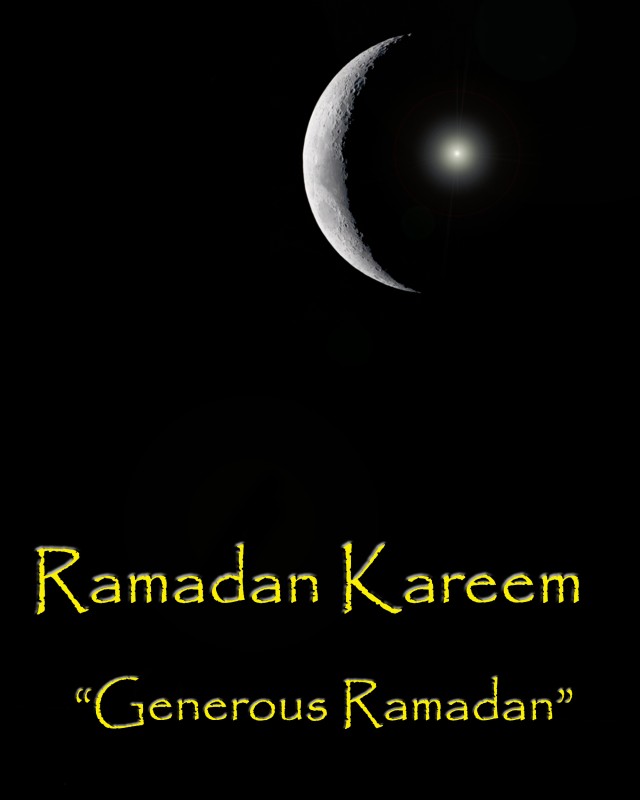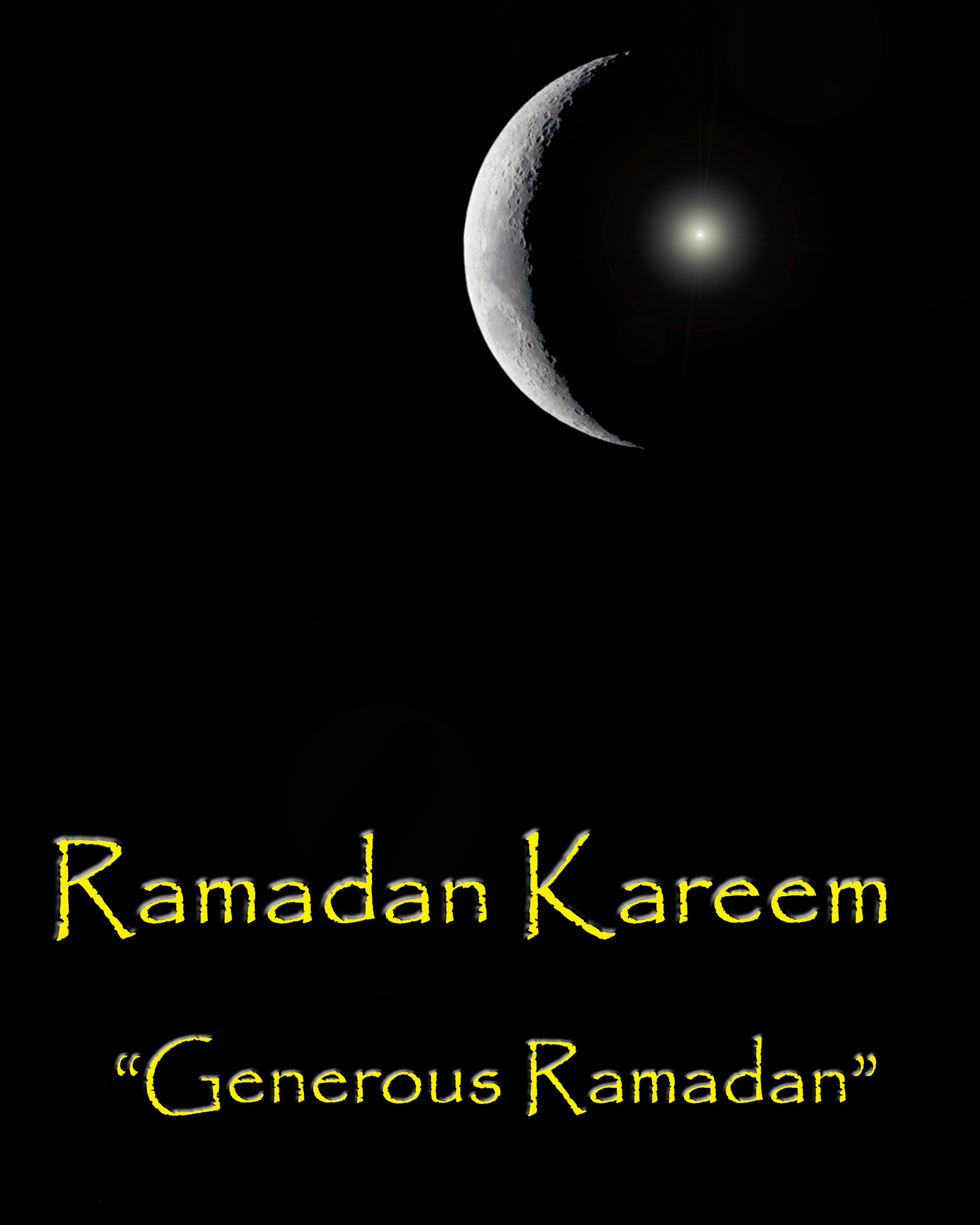
BAGHDAD - Soldiers serving in Iraq will find that operations and the local citizens might be a little different from usual beginning Aug. 22 and continuing through most of September. Things will be different as most Iraqis will observe Ramadan.
Ramadan is an Islamic religious observance of the ninth month of the Islamic lunar calendar. It begins with the sighting of the new moon and continues for 30 days.
On the Western solar calendar, the month of Ramadan moves ten days forward every year. This year, 1430 by the Islamic calendar, Ramadan starts on August 22 and ends on September 20 for Sunnis, with the Shi'a starting and ending a couple days later.
Ramadan is considered the holiest month of the Islamic year, regardless of faith or sect, according to Kadhim al-Waeli, cultural advisor for Multi-National Division - Baghdad.
"All Muslims respect Ramadan; they look to it as the month of mercy and generosity," he explained. "You cannot be true Muslim if you don't fast during Ramadan - it is one of the five pillars of Islam - you have to do it."
The month is characterized by fasting, additional prayer and charity for the less fortunate. Muslims reflect on their lives and use this period to get closer to God.
Fasting takes place through the entire month from sunrise until sundown. In addition to refraining from eating, Muslims are also taught to refrain from sinful thoughts and deeds. The Arabic word for fasting, "sawm," means "to refrain," not only from food and drink but from evil actions, thoughts and words. The fast is meant to teach patience, modesty and spirituality.
Soldiers operating outside the wire on daytime operations during Ramadan are encouraged to respect the practices of the locals, said Kadhim.
"What we recommend for our Soldiers is no chewing gum, eating, drinking, smoking or dipping in public," he said. "You can do it, but we're talking about having respect, so it's best that you are not seen with anything in your mouth."
There will be designated places reserved for those who are not fasting to eat and do other things, al-Waeli added. This includes non-Muslims and Muslims who are exempt from the fast including the elderly, mentally ill, pregnant women and children.
In addition to minding what goes into their mouths, Kadhim suggested watching what comes out.
"I would recommend our Soldiers to be very careful and patient when they talk to people ... especially no curse words," he said. "The people are going to be very hungry, thirsty and tired, and we need to be very gentle with them, especially this month. Tell them 'Ramadan kareem,' which means 'generous Ramadan'; they will respond to that."
Ramadan is a time for increased prayer and mosque attendance. Muslims are also encouraged to read the entire Quran during the month of Ramadan. A special prayer, called the Tarawih, is given at mosque, and recites 1/30 of the Quran each night of Ramadan.
There are some important dates for U.S. forces to keep in mind, according to Kadhim.
"For the Shi'a, the 15th of Ramadan [Sept. 5] marks the birth of Imam al-Hassan, the son of Ali, and the 19th through 21st [Sept. 9-11] marks the wounding and death of Imam Ali Bin abe Talib, whose tomb is in Najaf," he said. "These are very important dates for the Shi'a."
Another set of dates important to all Muslims are Sept. 10-19, one of which is the Laylat al-Qadr, or "Night of The Power," in which the Quran was revealed to Muhammad by the Archangel Gabriel. This night is believed to be one of the last nights of Ramadan, Kadhim explained. "They don't know exactly which night it is, so they pray every night," he said.
A large celebration of the breaking of the fast, Eid ul-Fitr, signifies the end of Ramadan when the next new moon is sighted. Food is donated to the poor, everyone puts on their best clothes and communal prayers are held at mosque.
Despite the fact that Ramadan is traditionally a time reserved for forgiveness and reflection, American forces operating in sector need to be aware that insurgents have a reputation for disregarding notions of peace. The onset of Ramadan has historically not been accompanied by a halt in attacks, so complacency is something no one can afford.
The month of Ramadan is a sacred time for the majority of Iraqis, bringing special considerations for U.S. forces. A little familiarization, patience and courtesy can go a long way to further improving relations between American Soldiers and the people of Iraq.

Social Sharing